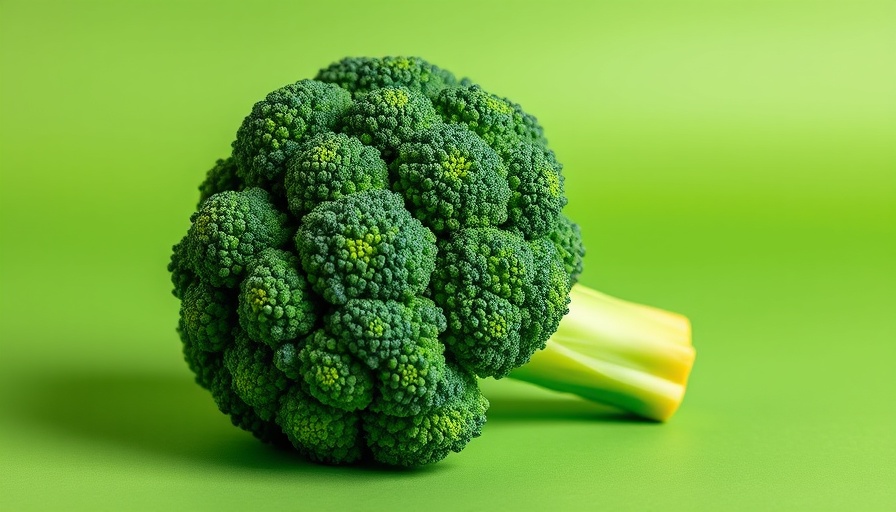
Broccoli: A Surprising Ally for Hormonal Balance
If you're on a quest for better health, you may want to consider incorporating broccoli into your meals. This humble green vegetable isn't just a side dish; it holds numerous benefits for your hormonal health. Rich in vitamins, minerals, and phytochemicals, broccoli is a powerhouse of nutrient-rich foods that can help keep your hormones in check.
Understanding Hormonal Health
Hormones are critical for many bodily functions, including mood regulation, energy levels, and even metabolism. Factors such as stress, poor diet, and environmental toxins can throw our hormonal balance out of whack. Eating a whole foods diet rich in vegetables like broccoli can support your body in maintaining this balance, offering a natural way to address hormonal disruptions.
Benefits of Broccoli for Hormones
Broccoli contains sulforaphane, a compound that has been shown to modulate estrogen levels in the body. This is particularly beneficial for women who may experience hormonal fluctuations during their menstrual cycle or menopause. By including broccoli in a plant-based nutrition plan, you may further enhance gut health and overall well-being, promoting a healthy lifestyle.
How to Incorporate Broccoli into Your Diet
Adding broccoli to your meals doesn't have to be complicated. Try steaming or roasting it for a side dish, adding it to smoothies for a nutrient boost, or mixing it into soups and salads. Incorporating this superfood into your meals is a simple yet effective way to pursue balanced nutrition.
Final Thoughts: Reach for Broccoli
Including broccoli in your diet may offer surprising benefits not just for your body but also for your hormones. As you explore ways to achieve a heart-healthy diet and foster overall wellness, remember that small changes—like making broccoli a dietary staple—can lead to significant improvements in your health.
For more on making dietary changes that can benefit your health, call us at 984-238-6164 or email us at tom@mywellnesstrain.com.
 Add Row
Add Row  Add
Add 




Write A Comment